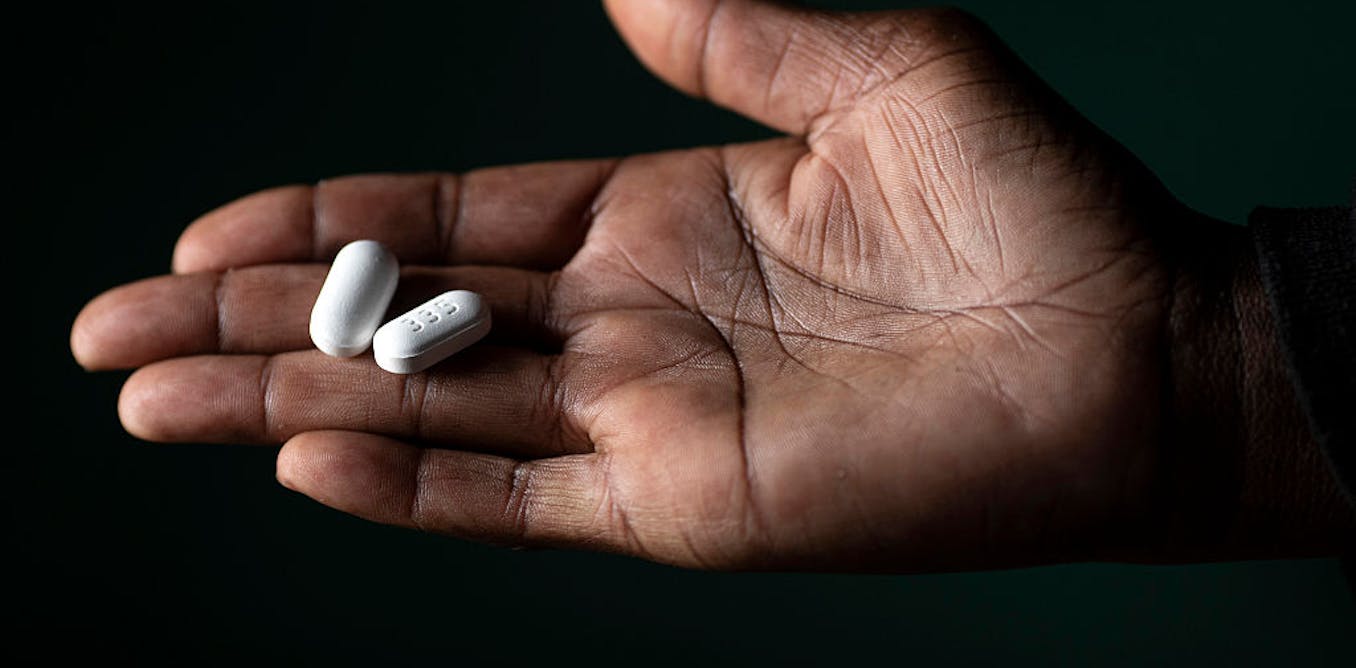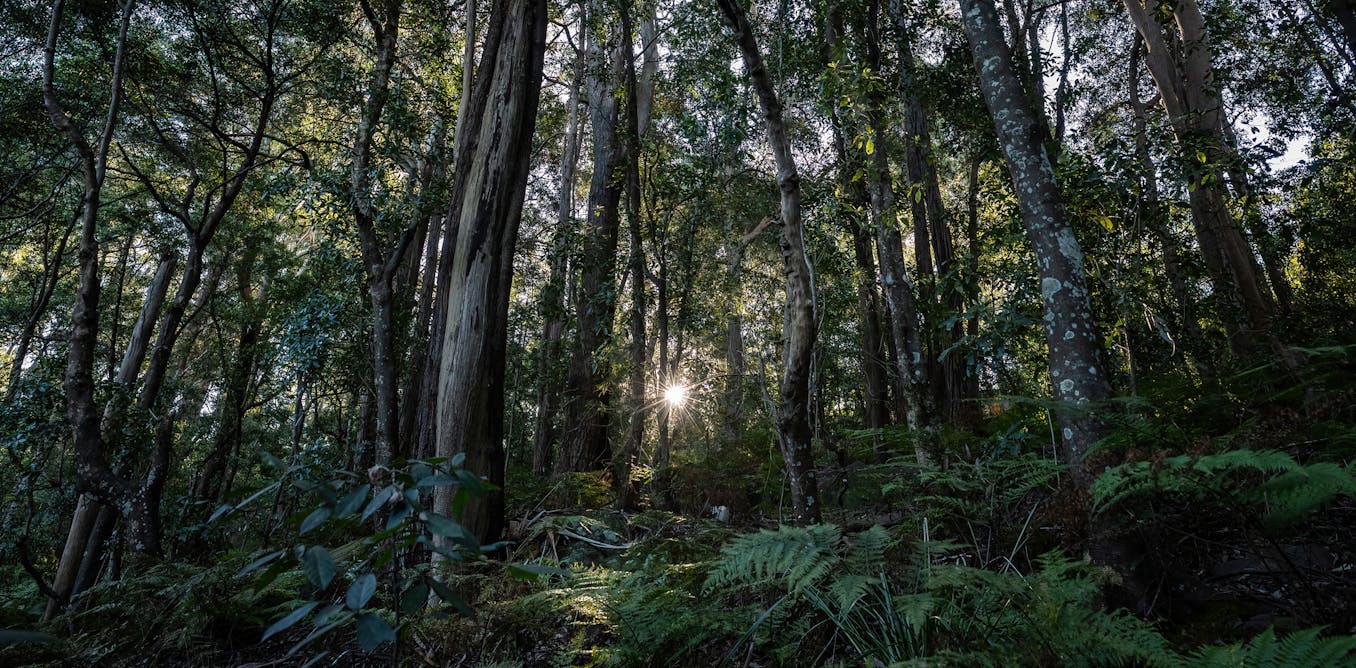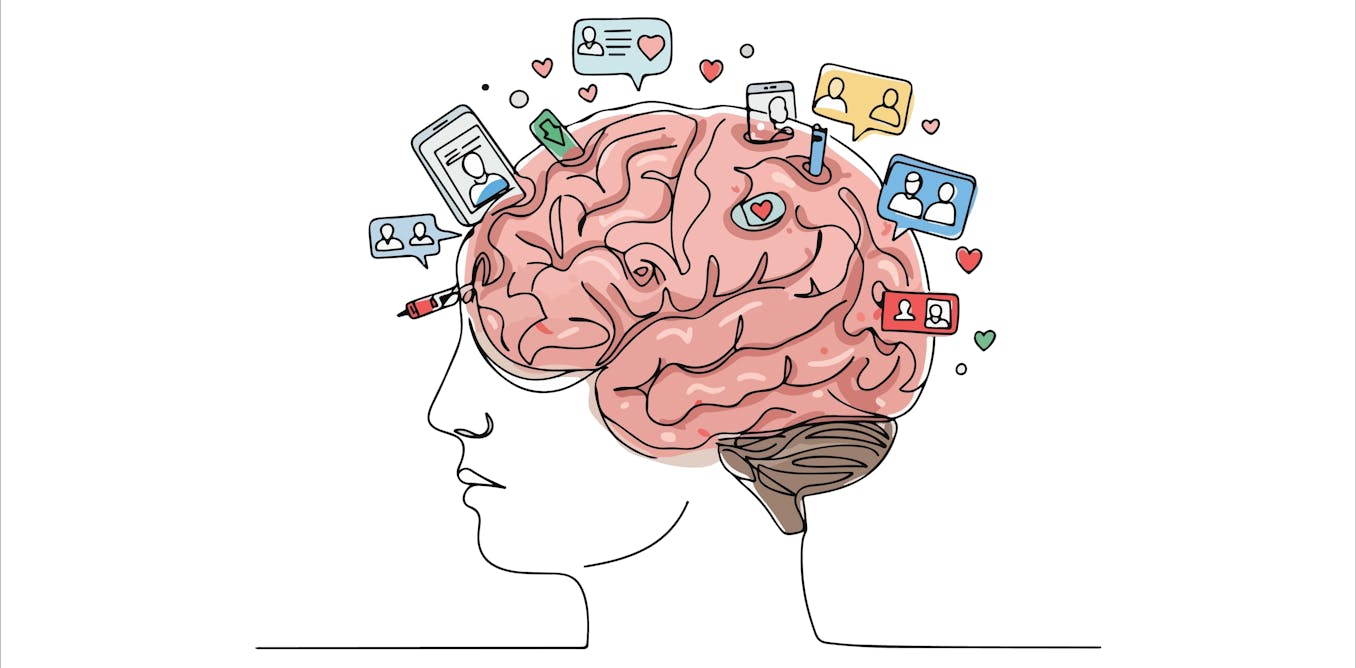Not all gratitude is created equal. A psychologist explains
Not All Gratitude is Created Equal: A Psychological Perspective
In the insightful video “Not All Gratitude is Created Equal,” Dr. Sarah Schnitker, a psychologist at Baylor University, delves into the nuances of gratitude and its profound impact on our well-being. While gratitude is widely recognized as an essential virtue that fosters connection, Schnitker emphasizes that the object of our gratitude matters significantly.
Through her research, Schnitker explores three ways people express gratitude: through prayer, journaling, and sharing with others. Surprisingly, her findings reveal that gratitude expressed through prayer yields greater health benefits compared to other methods. This suggests that feeling linked to a higher power or something transcendent can enhance our sense of belonging and purpose, especially in an age marked by rising loneliness.
Moreover, Schnitker encourages individuals who may not identify with a deity to find gratitude in the beauty of existence—be it a magnificent sunset or the wonders of nature. By embracing gratitude as a powerful force that connects us, we can cultivate stronger relationships and combat feelings of isolation. Ultimately, understanding the depth of gratitude can transform our lives and communities, making it a truly potent virtue.
For a deeper dive into this transformative concept, watch the full interview on The Well.
Watch the video by Big Think
Author Video Description
This interview is an episode from @The-Well, our publication about ideas that inspire a life well-lived, created with the @JohnTempletonFoundation.
Subscribe to The Well on YouTube ► https://bit.ly/thewell-youtube
Watch all of Schnitker’s interviews ► https://www.youtube.com/playlist?list=PL_B7bI1QVmJD3Txt76o1eObfk0ICzrVWD
Gratitude connects us, but how we express it might matter more than we think.
Baylor professor of psychology and neuroscience Sarah Schnitker explores how practicing gratitude can lead to stronger relationships and greater well-being. Her lab found that gratitude expressed through prayer may offer even more benefits than journaling or speaking it aloud, and that feeling connected to something larger may help combat today’s growing loneliness.
Read the video transcript ► https://bigthink.com/the-well/how-gratitude-changes-you/?utm_source=youtube&utm_medium=video&utm_campaign=youtube_description_bigthink
———————————————————————————-
About Sarah Schnitker:
Dr. Sarah Schnitker, PhD, Professor of Psychology and Neuroscience at Baylor University and Director of the BRIGHTS Center, researches virtue development in youth. Specializing in patience, self-control, and gratitude, she has 100+ publications, $10M in grants, and mentors doctoral students in science and virtue.
———————————————————————————-
About The Well
Do we inhabit a multiverse? Do we have free will? What is love? Is evolution directional? There are no simple answers to life’s biggest questions, and that’s why they’re the questions occupying the world’s brightest minds.
Together, let’s learn from them.
Subscribe to the weekly newsletter ► https://bit.ly/thewellemailsignup
———————————————————————————-
Join The Well on your favorite platforms:
► Facebook: https://bit.ly/thewellFB
► Instagram: https://bit.ly/thewellIG
About Big Think
Big Think is the leading source of expert-driven, actionable, educational content — with thousands of videos, featuring experts ranging from Bill Clinton to Bill Nye, we help you get smarter, faster. Get actionable lessons from the world’s greatest thinkers & doers. Our experts are either disrupting or leading their respective fields.
Video “Not all gratitude is created equal. A psychologist explains” was uploaded on 11/04/2025 to Youtube Channel Big Think






































Yippieeeeee
Breaking news: A 'scientist' from a christian university finds that believing in god is good.
I thank the universe for bringing me this video
I am grateful to the universe in general, and to the millions of compassionate humanists over millenia, for the fact I live in a place and time when I can choose to leave organized religion and not be persecuted or executed by organized religion for making that choice. Millions, if not billions, of people are alive today who do not have that choice, and who continue to suffer greatly under whatever form of "God" they were born into deifying
What a lady! I agree with her. ❤
Breaking news: A 'scientist' from a christian university finds that believing in god is good.
As I remember St.Paul recommended being grateful even in adversity and suffering because it’s God’s will caring for us.
thanks
2¢: Let me add that gratitude is an attitude proper of givers (!) , in some a situation of receiving or taking can develope into a diverse spectrum of responses including hatred.
Peace 🕊️
Err… A better explanation with longer video is needed
I thank the universe, for giving me the eyes and ears, and all my senses to feel how beautiful the universe truly is.
I won’t be thanking a human-invented deity any time soon. 😂🙌🏻🙌🏻🙌🏻🙌🏻🙌🏻🙌🏻🙌🏻
Any spokesperson from the JohnTempletonDoundation cannot be taken as being unbiased.
lol Grateful to your imaginary friend.
This video really got me thinking, particularly about how better to scrutinise the sources of the information presented from BigThink videos. A thinly veiled bias here from a private baptist education centre.
Was there any comparison done between self-reflective existential gratitude vs. prayer in a context outside of their comparison to circumstantial/social gratitude being different?
My curiosity is because belief & gratitude towards a higher power is a form of offloading stress about not having control over wider circumstances, but still feeling that they are controlled by SOMEthing. Non-religious perspectives typically embrace that lack of a higher power in not feeling the stress of that imaginary dependency of expectation. It's less targeted as a simulated social bond, and so I expect that it would create less stress relief simply because it doesn't require being within a more stress-prone imaginary social framework.
Shure. A study financed by the John Templeton Foundation. As if these guys aren't biased at all… o.O
I am very grateful for being alive at this time. Where we can communicate around the world 🌎 ✨️ with our pocket computer broadcast station.
A time where connecting and caring for others is fundimental to our survival.
We are responsible for the society we live in, together we thrive. Divided …..😢 we fight and loose.
I am grateful for life of the beautiful planet, with 8 billion unique people !😊
May all beings have happiness and the causes of happiness. ✌️
God? Now Big Think is doing mini chats on mythology?
Religious propaganda!
If you want to explain things to your viewers “like we’re smart”, it’s probably best to leave fairytales out of your presentation.
As a life long atheist…this is some of the worst nonsense I have ever heard.
I find this to be very accurate and affirming, personally, anecdotally and scientifically. I know many people have had bad experiences with religion, or have negative impressions of God and the Bible. However, the spiritual disciplines, prayer, generosity, community, and scripture reading actually change and form people in all kinds of positive ways. I think it points to a foundational truth that we were created for a relationship with God, and that truth is the antidote to the meaning crisis and the deep lack of unfulfillment so many feel, in spite of the fact we live in the most material rich period of human existence. Excellent video!
Because, people pray to a god of their own design. One that understands all they've been through and loves them anyway.
If indeed there is a god listening to their prayers, the person is experiencing reciprocal love, not just with anyone, but with god.
If there is no god, and they're just imagining things, they still get the same benefit as praying to a real god.
People need hope and love as much as they need oxygen and water. Very few are willing to give these. So they pray.
Though I actually agree with her I can’t help but doubt the conclusions of a religiously-funded study
God isn't real, it just isn't. I don't think we should be promoting things that aren't real even if it makes us feel good. If everything around us is so bad that we need to turn to this form of maladaptive daydreaming, well I don't think that is a sign we should double down on the god thing.
At least I love my telekinetic abilities, I'm very grateful I can hover things in mid air with the power of my mind. Obviously I have to keep it to myself, if anyone were to find out they would rip me apart cell by cell in a vain attempt to reverse engineer it. It would never work, but even so I am very grateful I have this ability. I'm like Matilda but much more sophisticated, I can assemble and disassemble a mechanical watch, I like to suspend all the pieces and rotate them as if the mechanism was still operating, obviously it's just my telekinesis at play, but it still looks cool. I can levitate giant mounds of dirt out of the Earth and create tunnels and pathways the rest of you don't know about. I can compress the ground beneath me really tight so it doesn't collapse. I don't need to worry about food because I can levitate stuff from really far away really high up in the air and just bring it to me. Sometimes airplanes run out of fuel and I'll land them safely. I like to make an air bubble around me and walk around at the bottom of the ocean when I get bored, sometimes I'll find old pirate ships with gold, or shipping containers full of furbies and Legos. I'm just so grateful for my telekinetic abilities, even if it isolates me from the rest of the world.
Netero showed the best how powerful gratitude is
Be Honest with Yourself FIRST.
Since when is pushing religion as self-help deep thought? Abdicating the power you have for your well-being to a deity is codependency, not agency. Disgusting
Taking a step back and seeing the big picture is going beyond the "magical thinking" and in the path of evolution be aware of the approximate 315 thousands years as a species capable of on top of sentience and conscience added sapience! Gratitude is an internalisation of existence and above all is part of internal dialogue therefore when it's present we're not alone but with ourselves! Makes part of a development of an internal moral in opposition of a heterologous moral.
Hello friend.